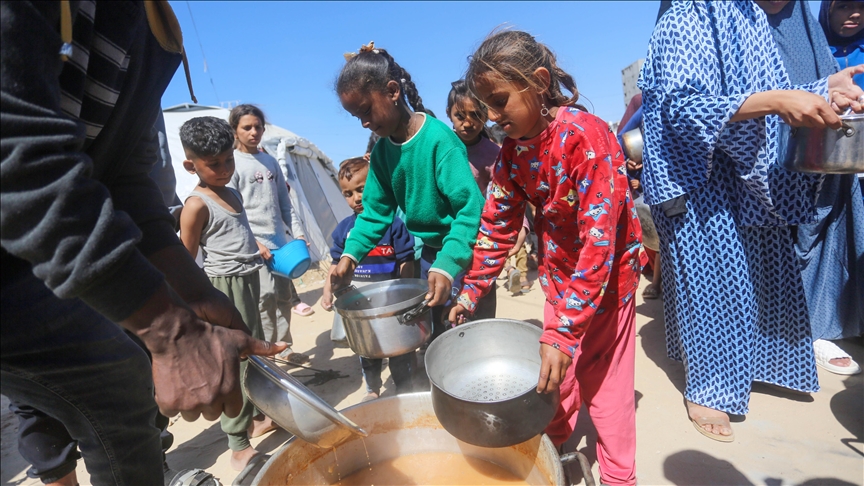
About 46,000 Israeli companies closed down since the war began on 7 October, 2023, with expectations the number will rise to 60,000 firms by the end of 2024 according to the Israeli Hebrew daily Maariv.
It stated 46,000 companies closed down since the beginning of the war on Gaza according to Coface Bdi, a credit risk business information agency for Israeli companies.
“This is a very high number that includes many sectors,” Yoel Amir, CEO of Coface Bdi, was quoted as saying.
He explained 77% of the companies that closed down since the war beginning – that’s about 35000 companies, are small firms and are the most vulnerable in the Israeli economy.
The sectors suffering most are the building and construction industry, and other related industries such as ceramics, air conditioning, aluminum, and building materials.
Amir added other sectors were also severely affected such as the trade sector, which includes the fashion, shoe, furniture, and household appliances industry, and the service sector, cafes, entertainment and entertainment services, and transportation.
He said this includes the tourism sector which is today non-existent, the tourist areas that have become combat zones, and the agricultural sector, most of which is located in the combat zones in the south and north, and suffers from a shortage in workforce.
Statistics show the abysmal state of the Israeli economy with the building and construction sector down by 27%, services sector by about 19%, while the industrial and agricultural sector by about 17%, and the trade sector by about 12%.
The high-tech and advanced technologies industry was affected by about 11%, and the food and beverage industry was affected by about 6%, according to official statistics.
“The damage in combat zones is more serious, but the damage to businesses is across the country, with almost no sector spared,” Amir noted.
“The damage is very great in all aspects of the Israeli economy,” the Coface Bdi CEO noted, explaining “in the end, when companies close their doors and do not have the ability to repay debts, there is also peripheral damage to customers, suppliers and companies that are part of Its working system.
He added, “…there has been a sharp decline in corporate activity in various sectors since the beginning of the war.”
Amir confirmed that in a recent opinion poll made by his company, about 56 percent of commercial company managers in Israel said there was a significant decline in the scope of their activities since the beginning of the war.
“We estimate that by the end of 2024, it is expected that about 60,000 companies will close in Israel. For comparison, in 2020, the year of the Corona crisis, about 74,000 companies were closed,” he said.
Today Israeli companies face “very difficult challenges represented by a labor shortage, declining sales, a high interest rate environment and high financing costs, transportation and logistics problems, a shortage of raw materials, and inaccessibility to agricultural lands in combat zones,” as well as “the lack of Availability of customers involved in combat, flow difficulties, and increases in acquisition costs,” he added.
The war left more than 126,000 Palestinian martyrs and wounded, most of them children and women, and more than 10,000 missing amid massive destruction and famine that claimed the lives of dozens of children.
Tel Aviv continues the war, ignoring the UN Security Council resolutions to stop it immediately, and the orders of the International Court of Justice to take measures to prevent acts of genocide and improve the catastrophic humanitarian situation in Gaza.

 Unbelievable statistics of closing Israeli factories!
Unbelievable statistics of closing Israeli factories!  Maariu Hebrew newspaper: Since the beginning of the Gaza war, 46,000 Israeli companies have been closed. It is expected that the number of closed companies will reach 60 thousand by the end of 2024. ـ
Maariu Hebrew newspaper: Since the beginning of the Gaza war, 46,000 Israeli companies have been closed. It is expected that the number of closed companies will reach 60 thousand by the end of 2024. ـ  ليلى (@Lailafatimeh)
ليلى (@Lailafatimeh) 




